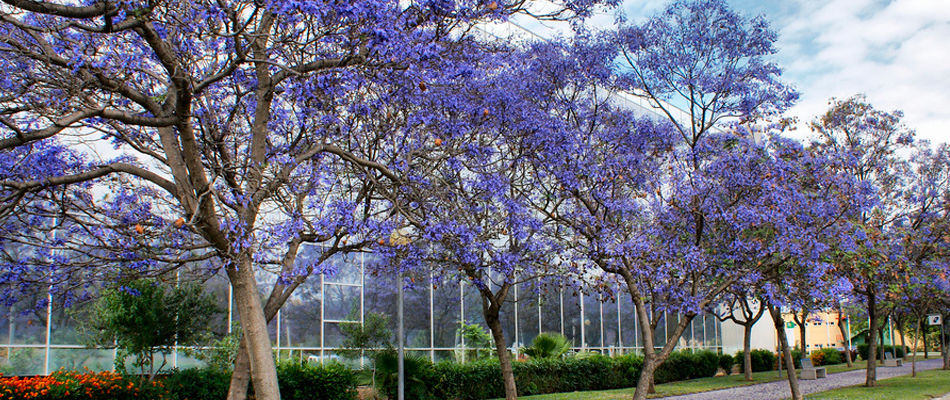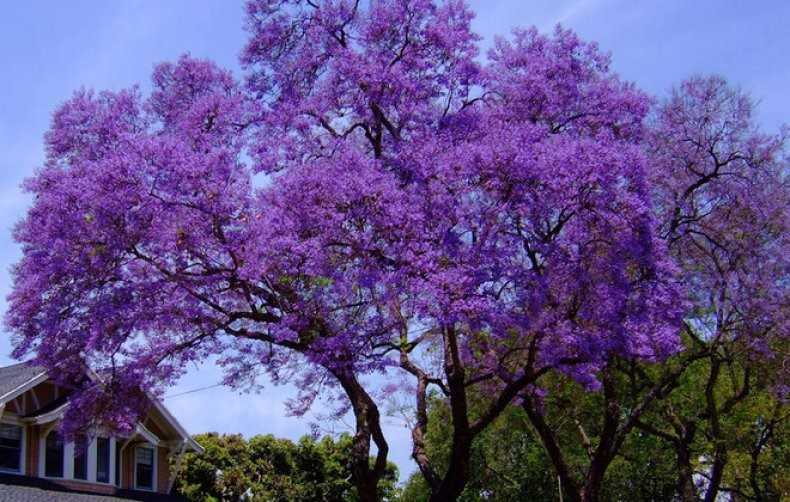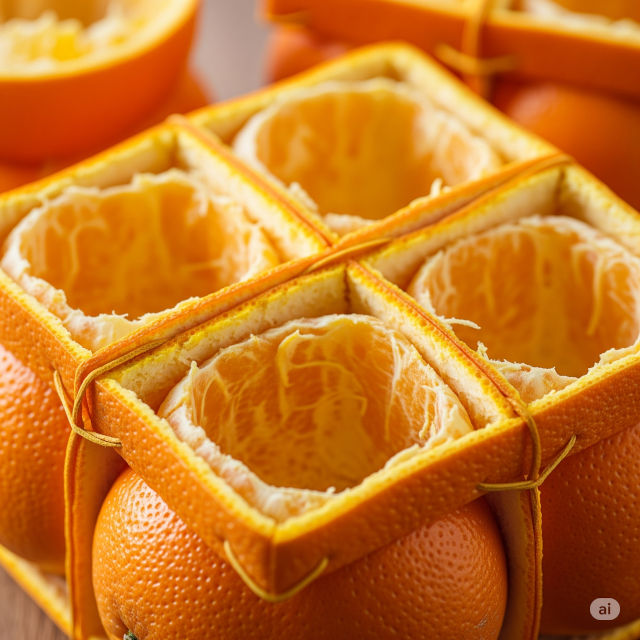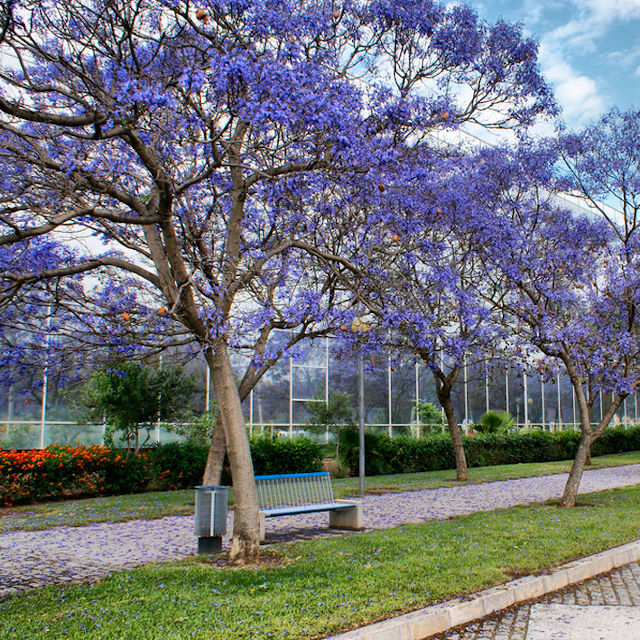What is a Carbon Footprint and Why is it Important?
A carbon footprint is the total amount of carbon dioxide (CO₂) and other greenhouse gases emitted into the atmosphere due to human activities. It is linked to:
-
The production and transportation of goods.
-
Energy consumption.
-
Agriculture and livestock farming.
-
Daily life activities (e.g., using cars, consuming meat).
The higher the carbon footprint, the greater the impact on climate.
To reduce CO₂ levels in the atmosphere, scientists are searching for effective and eco-friendly solutions. One such solution is planting trees that absorb CO₂. Among them, Paulownia stands out—a tree that grows rapidly and purifies the air.
Paulownia – A Natural CO₂ Filter
Paulownia, also known as the "Empress Tree," possesses unique properties that make it indispensable in the fight against climate change.
1. Fast Growth and Maximum CO₂ Absorption
-
Paulownia grows 10 times faster than oak or pine.
-
It can grow 3-5 meters per year, reaching 20 meters in just 8-10 years.
-
Absorbs 10 times more CO₂ than conventional trees.
-
1 hectare of Paulownia can absorb up to 120 tons of CO₂ per year!
2. Oxygen Production
-
Produces 4 times more oxygen than other trees.
3. Soil Improvement and Pollution Resistance
-
Thrives in saline and nutrient-poor soils.
-
Restores depleted lands, including former mining sites.
4. Sustainable Alternative to Traditional Materials
-
Paulownia wood is lightweight, durable, moisture-resistant, and pest-resistant.
-
Regenerates quickly after harvesting (new trees sprout from the roots).
-
Used in construction, furniture making, and eco-friendly packaging.
How Paulownia Helps Reduce Carbon Footprint and Promote Sustainability
Eco-Friendly Packaging from Paulownia – The Future of Responsible Consumption
Paulownia is an ideal material for biodegradable packaging due to its lightweight, strong, and recyclable wood. Replacing plastic and traditional wood materials with Paulownia-based packaging reduces CO₂ emissions.
Reforestation and Land Restoration
Planting Paulownia helps lower CO₂ levels in the atmosphere and restore ecosystems.
Clean Energy
Paulownia serves as a biomass source for renewable energy, reducing dependence on fossil fuels.
Additionally:
-
Strengthens soil: Its deep root system prevents erosion on slopes.
-
Traps dust and noise 4 times more effectively than other trees.
-
Lives up to 100 years if not cut down.
-
Grows even in deserts, requiring only water.
-
Enriches the soil: Its large fallen leaves decompose, making the land fertile.
-
Natural mosquito repellent.
-
Possesses medicinal properties, used in traditional Chinese and Japanese medicine.
Paulownia and Eco-Friendly Packaging: A Step Toward a Sustainable Future
Using Paulownia in sustainable packaging production is an innovative solution that reduces carbon footprint and replaces harmful materials. By choosing eco-friendly packaging solutions, we help nature and create a greener future!
Green technologies are the future of our planet, and Paulownia plays a key role in this transformation!






